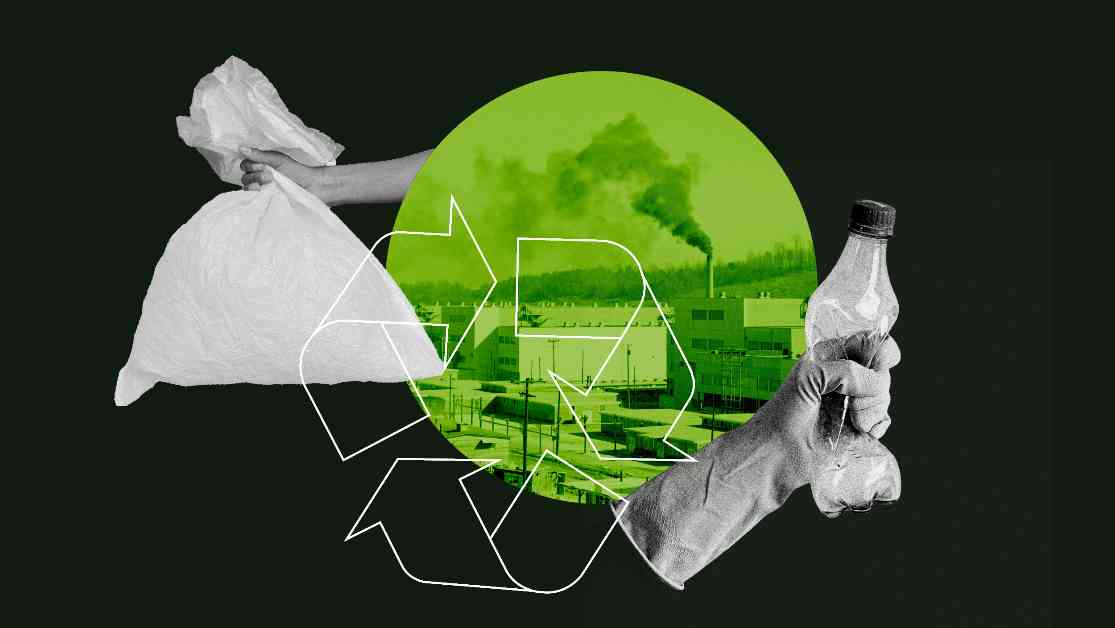The United States Department of Energy (DOE) forged an unusual partnership nearly five years ago with the American Chemistry Council (ACC), a plastics industry trade group, to collaborate on innovative plastics recycling technologies and strengthen the domestic plastics supply chain. This strategic alliance aimed to tackle the plastic pollution crisis by developing new collection methods to keep plastics out of waterways and creating recyclable plastic materials. A key focus of the agreement was on chemical recycling, a suite of technologies that break down plastics into their building blocks for reuse, deviating from the traditional mechanical recycling methods.
Chemical recycling, which uses high heat, pressure, or solvents to break down plastics, has been heavily endorsed by industry groups like the ACC as a solution to the plastic waste dilemma. Despite environmental advocates’ skepticism about the feasibility of chemical recycling and calls to reduce plastic production, the petrochemical industry has championed this technology. The DOE-ACC collaboration was set to expire early this year, with the ACC lobbying for prioritized funding for chemical recycling research and policy development within the department.
Ross Eisenberg, vice president of the ACC’s plastics division, admitted that the onset of COVID-19 and the subsequent change in administration led to a halt in the partnership’s progress. However, public records revealed ongoing collaborations between the DOE and the plastics industry, raising concerns about transparency and potential conflicts of interest. Environmental advocates criticized the lack of clarity surrounding the DOE’s partnerships with the industry and its focus on chemical recycling.
The Energy Department’s role in addressing the plastic waste crisis has been primarily research-oriented, focusing on recycling technologies and waste cleanup efforts. Initiatives like the “Plastics Innovation Challenge” and workshops on a circular economy for plastics have underscored the DOE’s commitment to reducing plastic waste. However, concerns were raised about the absence of environmental organizations and citizen groups in these discussions, highlighting a potential bias towards industry interests.
The DOE’s allocation of funds towards chemical recycling research, including the establishment of a research center with industrial partners, has underscored the agency’s alignment with the industry’s views on plastic waste management. The push for chemical recycling as a key solution to the global plastic crisis has raised questions about the DOE’s transparency and independence from industry influence. The agency’s emphasis on innovation as a means to address plastic pollution has been met with skepticism from environmental advocates and scientists.
Criticism of the DOE’s collaboration with the plastics industry has intensified in recent years, with concerns about the environmental impact and feasibility of chemical recycling technologies. The lack of transparency in the department’s policies related to plastic waste management has drawn scrutiny from advocacy groups seeking clarity on the agency’s priorities. The ongoing legal battles and public scrutiny surrounding the DOE’s partnerships with industry underscore the need for greater transparency and accountability in addressing the plastic pollution crisis.














